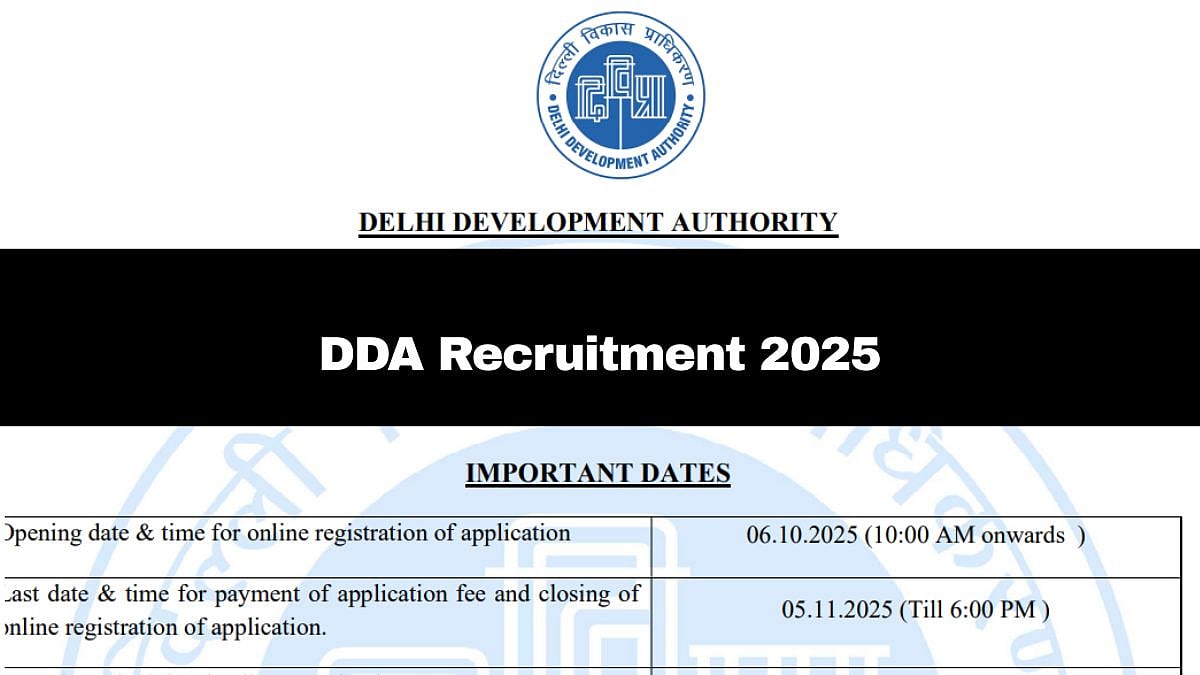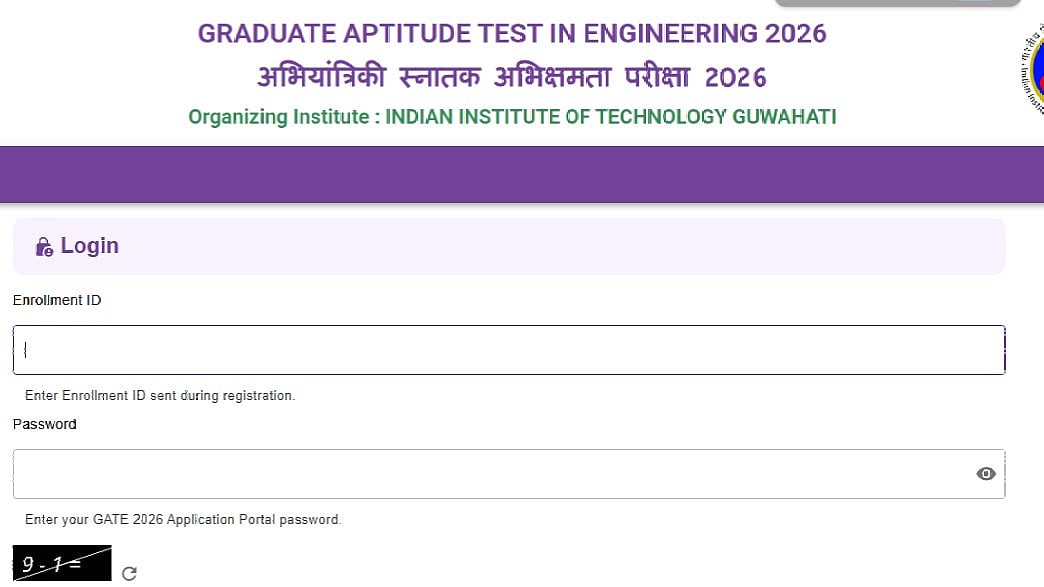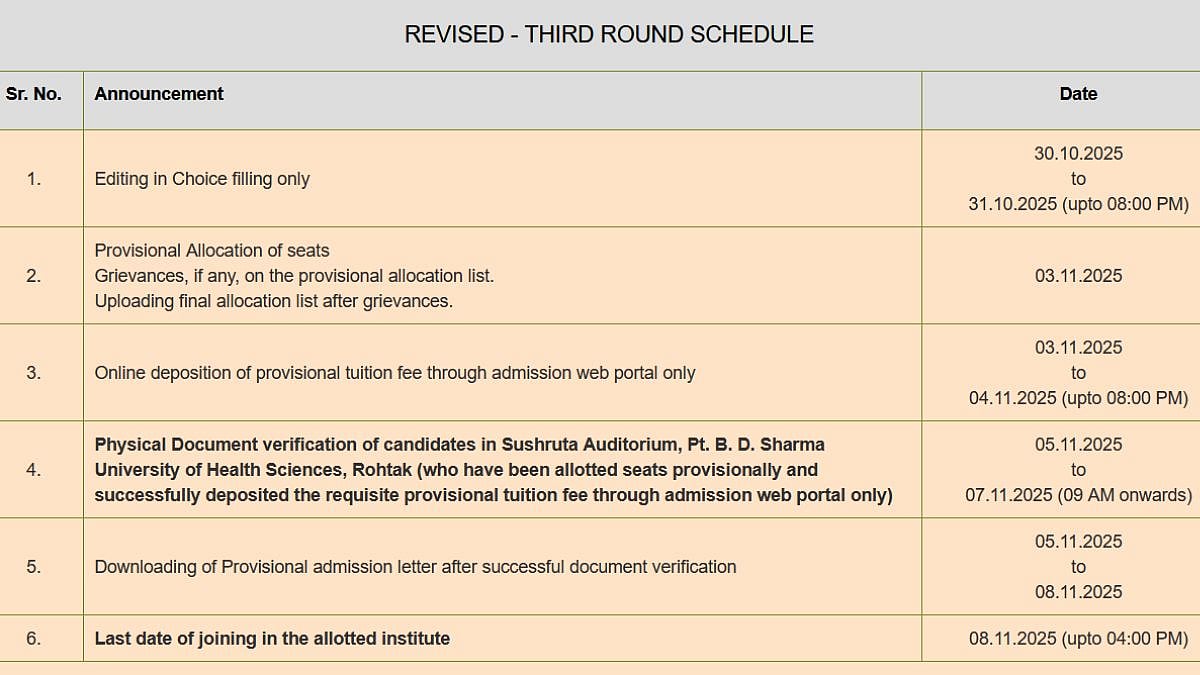The Union Budget 2022, presented by Minister of Finance and Corporate Affairs Nirmala Sitharaman, focused on aspects of Education varying from the formation of a Digital University to facilitating education through 200 TV channels and other e-learning mechanisms.
While a proposal to update the syllabus of Agricultural Universities was proposed in order to accommodate the need of natural, organic farming and modern-day agriculture, other initiatives like Digital Desh e-portal, Centres of Excellence for urban planning courses, virtual and skilling labs for vocational courses, etc. were announced. No announcements on the budget allocation for the Education sector was made by the FM.
Free Press Journal spoke to various stakeholders to know their views on Budget 2022. prominent professors and teachers from different institutions to get their thoughts on Budget 2022. Prof. Rasananda Panda PhD., who teaches Economics in Business Management Area, MICA Ahmedabad said that while some of the announcements were obvious and expected, time will tell if the government comes through on them.
"Emphasis on capital expenditure by putting importance on infrastructure sector through specific projects is an obvious move but the rationale that the public expenditure will boost private expenditure is a nice academic expectation which will only be proved as time goes by. Allowing a digital blockchain is also as expected but there is nothing for the middle class or common citizens directly when the level of inflation is expected to remain high during the year 2022-23. In a way, like last financial year, there will be little to no increase in private consumption expenditure this year – the largest component of GDP. So, to me it is like old wine in a new bottle," said Prof.Panda who appreciated moves in the Education sector through the budget but raised doubts on fulfilling the goals of the National Education Policy (NEP).
"Importance for the courses on Urban Planning and Management through AICTE, initiatives towards one class one channel for the benefit of underprivileged students at school level who have lost on learning during a pandemic, setting up of digital universities through the hub and spoke model, revisiting the curriculum of agriculture universities, high-end financial management institutes in GIFT City are welcome steps but the proof of the pudding lies in tasting it. Has the outlay for education increased,? Maybe yes but it is far away from what NEP 2020 propagates to increase which is up to 6 percent of the GDP, " Prof.Panda added.
Prof.Niyati Bhanja, Associate Professor & Area Leader, Business Management Area at MICA Ahmedabad, said that she appreciates the government not going for a populist budget rather a forward-looking one that will help create jobs and productive capacity but didn't expect the government to not increase the budget expenditure of education and mention Edtech's entry into the field. "I think using public expenditure to encourage private sector is a smart move and controlling the fiscal deficit to 6.4% is commendable but lack of mention about allocations related to total education expenditure and the role Edtech can play in a partnership between them and the Institutions was not expected," said Prof.Bhanja, who believes that Urban Planning courses through Centres of Excellences are a step in the right direction.
Ramakant Tiwari, Principal of R.G.S. English High School in Ulhasnagar, Mumbai said that enough announcements were not made about the Education sector and it didn't seem to him that the government is serious about the sector. "It's a welcome move that the government is keen on e-learning and encouraging other platforms but the negative impact on learning of students, especially from Grade 1 to 12, who come from disadvantaged communities in India due to Covid wasn't addressed adequately through the budget," Mr Tiwari asserted while adding that the government has not been allocating enough expenditure for education since the past few years and he doesn't see any form of significant change this year that aims to improve conditions.
Gayatri Indrakanti, Assistant Professor at Sk Somaiya, Somaiya Vidyavihar University, said that while Digital Universities especially in the age of Covid is the need of the hour, it is equally important to mention the amount being utilized for these projects so that it can be more realistic. "A specified figure should have been mentioned for the budget expenditure of education sector and apart from Urban Planning courses through Centres Of Excellences, focus on specialization courses in Pharma, Data Analytics, Biotechnology, Biomedical, etc. through COEs should have been considered as students move abroad due to lack of infrastructure supporting these courses which is a loss for the nation," said Prof.Indrakanti who supported the introduction of more Digital mediums for education as existing platforms such as Swayam, NTPEL, etc. are proving to be great sources of learning for students and the certificate courses provided them are also beneficial according to her.
"To effectively bridge the learning gap created due to the pandemic, efforts such as setting up of the digital university, providing high-quality e-content, expansion of ‘One class, one TV channel’ under the PM e-Vidya scheme, equipping teachers with digital tools, creating virtual labs, promoting critical thinking will not only improve learning outcomes but will also provide students access to world-class universal education with a personalized learning experience at their doorsteps," said Mr. Aakash Chaudhary, Managing Director of Aakash Education Services Limited (ASEL) who was optimistic about the developments that will be witnessed through the Budget.
For some Professors, though Budget 2022 doesn't make much difference, looking forward to the inclusion of sectors that they feel need to be prioritised in the next budget is the way forward. "Since 2017, Higher Education sector has been lagging behind School Education sector by 4% wherein we have seen just 14% increase in the past few years compared to 18% for schools and that is something we expected to change with the announcements today," claimed Dr Manisha Vyas, a Professor at Govt MH College of Home Science & Science, Jabalpur. Dr Vyas who thinks NEP brings out a more practical approach through the Budget, other factors such as Grants, investment in Research, etc. needed to be given impetus via the announcements. "Government colleges have not been receiving enough grants in the past few years and we hoped to see some discussion or mentions in that regard," added Dr Vyas.
Children's education was neglected as a result of the Covid outbreak. Determining their future and seeking complete employment opportunities as well as quality education, the budget of 2022-23 was announced by Finance Minister Nirmala Sitaraman today in Lok Sabha. This fiscal year's education budget was more focused on digitalization.
Digital Universities, One class One TV channel to compensate learning loss and the emphasis on the regional language as well as the establishment of skill-based learning programmes for youth. The budget has covered these areas in the Education sector with 5 Excellence programmes to promote the growth of the Urban Sector, as well as teacher training programmes.
Ujwala Chakradeo, Vice-chancellor of SNDT University, Mumbai said, "This budget has given the emphasis on long-due rural development through the agricultural sector, agriculture universities, digitization. 'One class one TV Channel' to compensate for the loss of learning caused by the pandemic will also be very helpful mainly to rural students who could not obtain the benefit of online teaching-learning in absence of access to digital devices. Quality e-content will be created in a variety of ways. Teachers will be trained to apply more effective e-learning outcomes."
She even added, "Starting of Digital University is a welcome idea. A digital university will be developed and launched with the goal of providing students with access to world-class quality education. However, the budget promoting digitization in the education sector has not given any incentive in terms of increased budgetary allocation for the sector. This was expected in light of the implementation of the National Education Policy – 2020."
Yeshwanth Raj Parasmal, Co-founder, 21K School, India’s only digital school said, "I appreciate the emphasis on digital aspects of education and providing students with more organised, high-quality information. The launch of Digital University is most welcome and in keeping with the national trend of online colleges. However, it misses the opportunity to leapfrog with more significant innovation and investment for improved access, equity, and affordability. The structural flaws of the education sector and problems on the ground could have been addressed. Exciting times are ahead for Digital Education.”
Mr Jai Decosta, Founder & CEO at K12 Techno Services Pvt. Ltd, parent company of The Orchids International School said, "The current government has been more oriented toward digitization in all aspects, including education, which is both futuristic and commendable. Recognizing the loss of formal education for children, particularly those from government schools, as a result of the pandemic-induced lockdown and bringing in the experience of foreign universities to boost fintech and mathematical teaching in the Indian education system is a good idea."
He further added, "The entire budget, however, failed to offer direction to private education companies, particularly in the K12 segment. The private sector suffered the brunt of the pandemic, and the budget simply ignored it, offering no help in the form of a GST exemption or a specific provision for private schools to borrow funds from banks at reduced rates. Because this was highly essential and expected from this budget, it was a bit disappointing to see that the FM did not include this in her budget planning."
Sanjayrao Tayade, Founder President of the Maharashtra English School trustees Association (MESTA) said, " It is not feasible to modify the system and put it online immediately. The existing traditional schooling system should have been prioritised. The pedagogical reforms that will take place following the adoption of the NEP, schools which are ongoing, their take has not been included in the budget."
He further added, "This high-tech digitalization should not be a choice. It's only a little adjustment, and the school system will not work on these adjustments. The majority of parents still prefer private schools, and the government has avoided any discussion of private schools in the budget. Rural educational institutes' infrastructure development should have been highlighted as it is a necessity. All of the training is for teachers at government-aided schools, what are private school teachers supposed to do? The budget did not include any of the basic facilities that should have been incorporated."
Referring to the One class One TV channel scheme, which will allow students 200 regional channels instead of the current 12, the Director and HOD of DY Patil University, Dr Gopal Ramamithram, said that it is a good idea. “Children at an economically lower level, especially in the rural areas, have lacked access to schools and colleges. We have a TV facility available, and now that the channels will be increased, this is obviously an interesting feature considering that everything around us is going digital.”
Mr Ramamithram added that the Digital University was another good idea since there is where the world is going to be. "It is going to be the future of the global world. Just like at one point in time- Java was a big deal in society; the next thing would be blockchain technology, robotics, and a digital university," he said.
On the same point, the Co-Founder of an Edtech company, OMOTEC, Shekhar Jain, said, that setting up of a Digital University is an excellent step. “Focusing on teachers' training for the usage of new digital equipment along with making content available for students in grades 1-12 in different languages is a step in the right direction. The impetus being provided to academic institutions to focus on Research and Development is an added welcome," he added.
The ‘agriculture’ syllabus was another factor that was liked. Dr Suseelendra Desai, Dean, NMIMS School of Agricultural Sciences & Technology said the formulation of the syllabus for natural and organic farming, value addition, modern-day digital agriculture tools will make the agricultural graduates up-to-date. “It will enhance the area under organic agriculture, thereby earning millions of dollars and this will not only cater to the domestic but the international market as well,” she explained.










